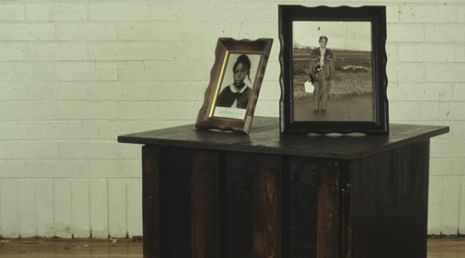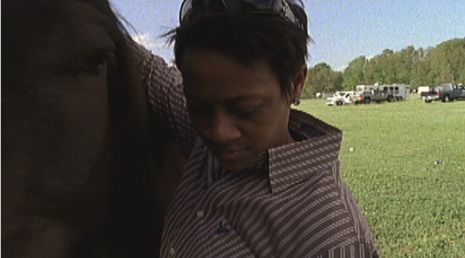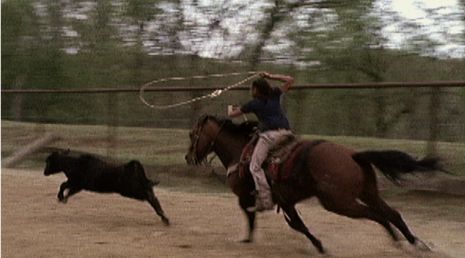Art and Identity
That was just ok.
Oh yeah…
I got some good reviews, like Christian Haye wrote a really good piece for me in The Frieze. I forgot the name of the Times guy who compared me to Jeff Koons, which didn’t make any sense at all.
Oh, I don’t think it was…!
I was in Cleveland, at the time, and the show was about black masculinity as subject matter, or something like that. I made those funky pieces of end tables – have you seen those things?
Yeah, it was kind of exciting and boring.
Yeah, yeah, I came out in 1990, so…
Everybody’s on they’re own, man. I’ve always been on my own. I think I was always like, I would ride the wave but I wasn’t doing that kind of shit, wasn’t making that kind of work, where I was going to tell white folks, ‘Hi, we’re black people! Hi, look white folks, I’m black!’ You know?
When I came out of school in the ‘90’s I was trying to create my own language. I think a lot of us were trying to develop a language. A formal language and a language to try to talk about what was going on.
For me, other people speak for me about identity, not me. It’s for critics to discuss. Does that make sense? I’ve made over 80 films and maybe all of them but four don’t have black people in them. That’s not what I think about in the morning. For me it’s all form and stuff. It’s about how to make an interesting art object by using these elements.




